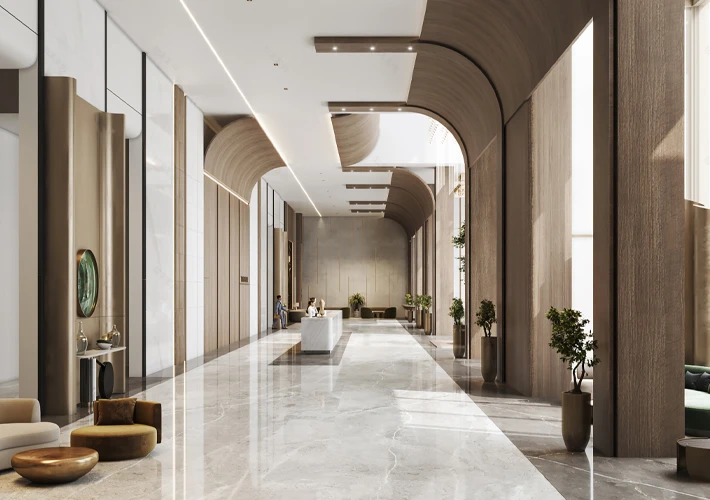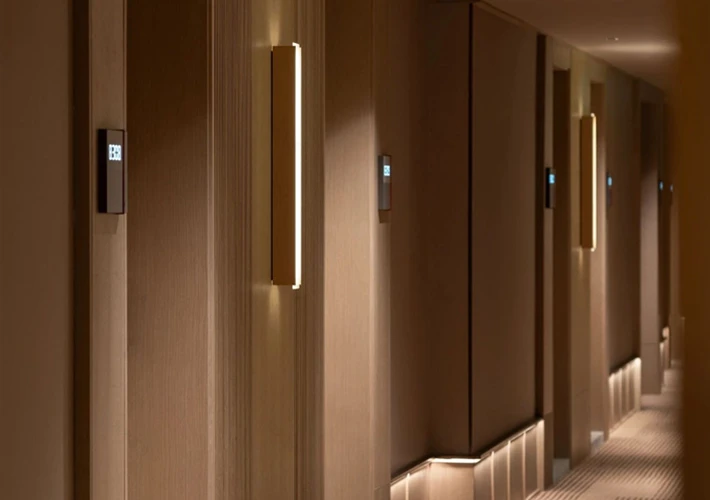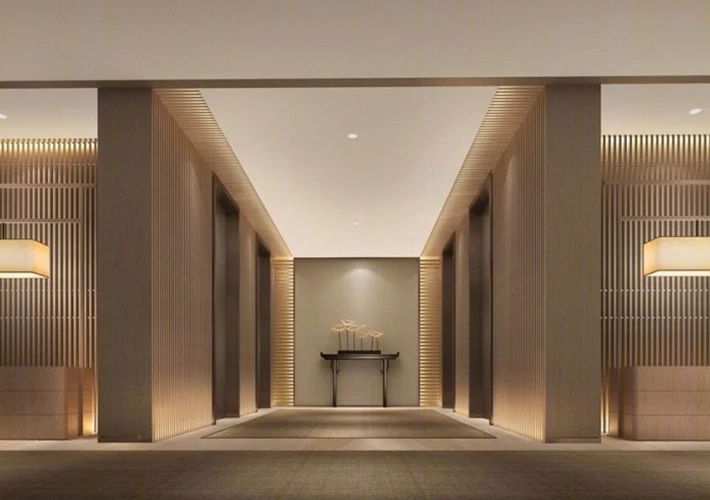Nos sites
PHOTOS ET OUTILS DE CONCEPTION
IDÉES DE CONCEPTION
- 2026 Hotel Bathroom Design Trends
- 2026 Hotel Lobby Design Trends
- 2026 UV Marble Sheet Design Trend
- Bamboo Charcoal Wood Veneer Marble Wall Panels for Public Spaces
- Hotel Holistic Customization for New Build and Renovation Projects
- Hotel Bathroom Renovation Trends in 2026
- A Complete Guide to Future-Ready Hotel Design and Investment
- WPC Wall Panels’ Most Popular Patterns in the UK
CHAMBRES ET ESPACES
- How Acoustic Panels Improve Sound Quality in Hotels
- Why Are More and More Renovation Projects Starting to Use Bamboo Charcoal Wood Veneer?
- Why Are More and More Hotels in the US and Europe Choosing SPC Wall Panels for Bathrooms?
- How to Choose the Right Bed for a Hotel?
- Popular Colors and Applications for Acoustic Panels
- Wooden, Metal or MDF? Best Materials for Hotel Bedside Tables
- Best Hotel Room Furniture Suppliers for 3–5 Star Hotels
- What Are the Advantages of Acoustic Panels for Office Use?
COMMENT INSTALLER
- How to Install Bamboo Charcoal Wood Veneer
- Les panneaux acoustiques doivent-ils être posés sur les murs ou les plafonds ?
- Guide de pose des plaques de marbre en PVC, étape par étape
- Méthode d'installation des panneaux muraux en WPC
- Comment installer les panneaux muraux SPC ?
- Comment installer un placage en bois de bambou et de charbon de bois ?
- Améliorer la qualité du son avec des panneaux acoustiques
- Comment installer Bamboo Charcoal Wood Veneer ?
COMMENT NETTOYER
CHAMBRES ET ESPACES
- PVC Marble Sheet Manufacturer in China for Hotel Interior Wall Projects
- Key Installation Points of WPC Wall Panel Concealed Door Systems
- Customization and Wholesale Services of PVC Marble Sheets Suitable for Star-Rated Hotel Decoration
- Styles d'aménagement des chambres à coucher : Améliorer l'esthétique avec des panneaux muraux modernes
- Puis-je utiliser les panneaux muraux SPC dans une douche ?
- Guide des types de panneaux muraux
LES MEILLEURS CONSEILS D'EXPERTS
- How to Shorten Hotel Guestroom Renovation Time by 30%?
- What Real Problems Will a Project Face If CE Documentation Is Incomplete?
- Bamboo Charcoal Wood Veneer Price Guide & Global Market Trends
- Top WPC Wall Panel Manufacturer and Factory for Global Projects
- Top 10 Best Acoustic Panels for Modern Interior Decoration
- How to Choose the Best Hotel Luxury Sofa for Your Project
- Latest Market Trends of WPC Wall Panels in 2025
- Common Sizes of Acoustic Wood Paneling: A Comprehensive Guide for Global Buyers
APPRENDRE LES BASES
- Common Sizes of Acoustic Wall Panels in Ireland
- Fire Rated PVC Marble Sheet Price and Certification Cost Impact
- What are the benefits of bamboo charcoal panels?
- How to Choose the Right Acoustic Insulation Wall Panels for Commercial Projects
- Benefits of Using Acoustic Panels on Ceiling in Hotels
- How to Choose the Right WPC Wall Panel Supplier in China for Your Business
- What Are the Advantages of Oak Acoustic Panels?
- Common HS Codes Used for WPC Wall Panels
COLLECTIONS POPULAIRES
INSPIRATION
COLLECTIONS POPULAIRES
INSPIRATION
COLLECTIONS POPULAIRES
INSPIRATION
COLLECTIONS POPULAIRES
INSPIRATION
INSTALLATION ET CONSEILS
COLLECTIONS POPULAIRES
INSPIRATION
INSTALLATION ET CONSEILS
A propos de nous
EXPLOREZ LES ÉTATS-UNIS
INSTALLATION ET CONSEILS









